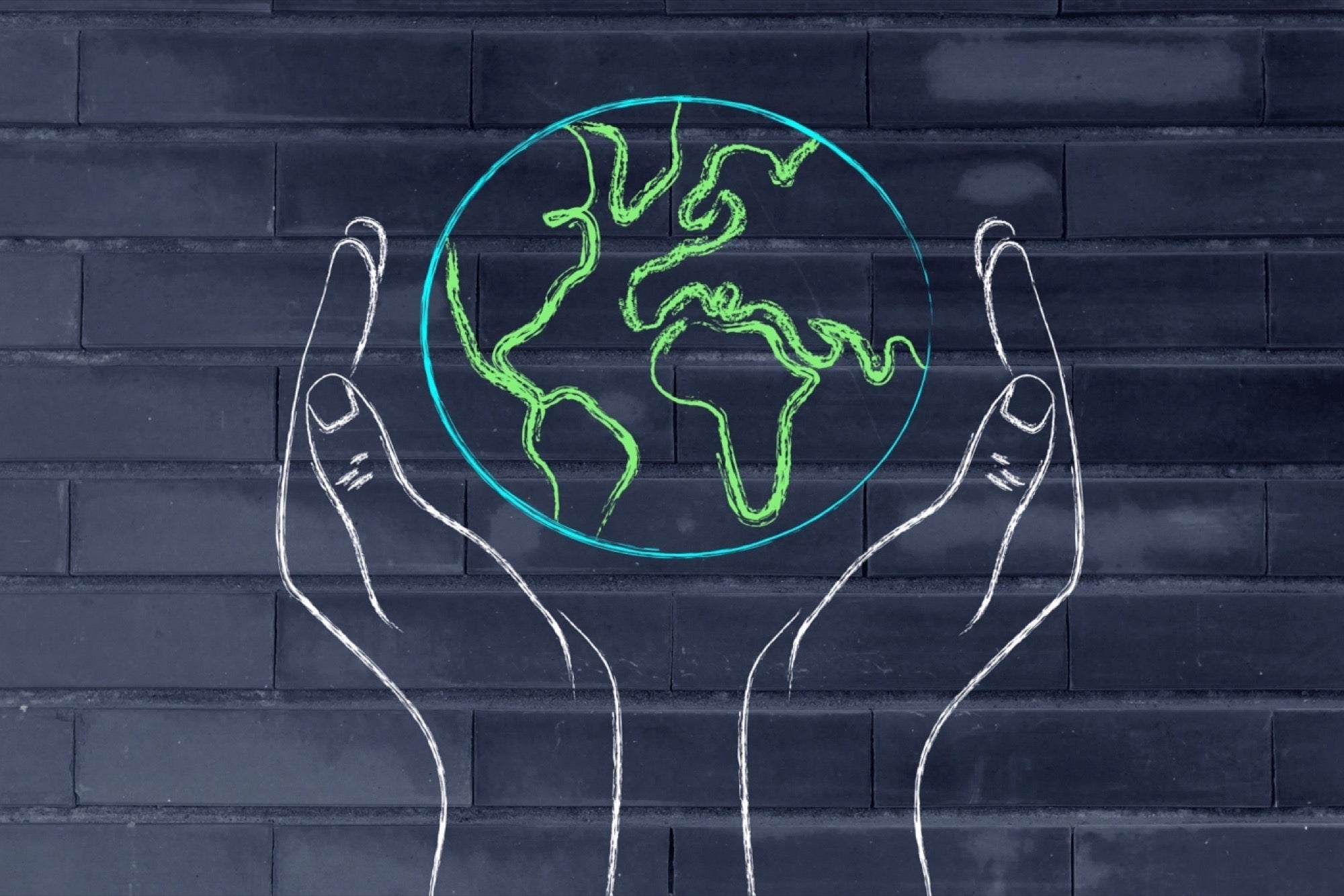The EU's New Environmental Initiatives Present Opportunities for Brands The emergence of the EU ban on single-use plastics provides fertile ground for businesses to rethink their strategy by building a 'virtuous brand.'
By Sian Young and Lowellyne James Edited by Dan Bova
Opinions expressed by Entrepreneur contributors are their own.
You're reading Entrepreneur Europe, an international franchise of Entrepreneur Media.

Entrepreneurs are faced with increasing pressure to create businesses that not only meet the requirements of their target customers but also societal expectations. Slogans such as "doing well by doing good," "triple bottom line" and "get one, give one" encapsulate customer expectations of quality.
Through its Zero Waste Europe initiative, the European Union has been at the forefront of mechanisms to promote zero waste and a circular economy through the empowerment of "communities and change agents from around Europe to redesign their relationship with resources, to adopt smarter lifestyles and sustainable consumption patterns in line with 'circular' resource management."
These political and societal expectations are creating disruption in markets through the establishment of regulations that govern acceptable entrepreneurial and corporate behavior in itself presenting challenges and opportunities.
Do we have to choose planet or profit?
The European Union Directive on the reduction of the impact of certain plastic products on the environment created in wake of increasing public concern of the impact of single-use plastic materials on marine life seeks to reduce the recurrence of the top 11 categories of marine litter found on Europe's beaches namely:
- Food containers
- Cups for beverages
- Cotton bud sticks
- Cutlery, plates, stirrers and straws
- Sticks for balloons and balloons
- Packets and wrappers
- Beverage containers, their caps and lids, and beverage bottles
- Tobacco product filters
- Sanitary items such as wet wipes and sanitary towels
- Lightweight plastic carrier bags
- Fishing gear
The top 10 categories of marine litter are trappings of the 21st-century lifestyles, creating a dilemma of "planet or profit." In essence, the strategic challenge facing entrepreneurs is that sustainability is good, but who is going to pay for it?
Related: European Companies Are Leading the Way on Plastic Waste Reduction, But More Needs to Be Done
What does a "virtuous brand" look like?
The emergence of the EU ban on single-use plastics provides fertile ground for businesses to rethink their strategy by building a "virtuous brand." Entrepreneurs have an opportunity to be leaders in creating virtuous brands and building caring organizations. Brands such as Lush have demonstrated the success of virtuous branding by building a loyal customer base focused on developing beauty products that are handmade and non-animal tested, ethical buying and championing a concept of "naked packaging" -- a nearly package-free shopping experience.
These values have been essential to their brand image of "embodied care," interweaving three elements of "caring knowledge" -- taking action on the environment internally using recycled materials, exceeding legal compliance obligations, acting as a recycling center for plastic packaging and championing charitable causes that resonate with customers; "caring habits" -- consistently contributing to the sustainable health and well-being of its customers through chemical-free, vegetarian product development, adopting green transport policies opting for "trains rather than planes" for employee transport; and exhibiting "caring imagination" -- influencing customers' behavior to adopt environmentally conscious lifestyles.
Lush expects to provide working conditions for staff that go beyond what is legally required, to have no staff member on a zero hours contract and to go so far as to offer a paid holiday for permanent staff on their birthday.
Steps to building a virtuous brand
1. Learn.
Learn about your own personal practices first by doing a personal audit:
- How well do you care for yourself?
- How many chemicals are in your body products and home?
- How much waste do you create?
When you become mindful of the impact you are having in your own life on your health and that of your environment you will realize these are the same habits you lead within your business.
2. Develop.
Developing better habits and sharing them in your business will influence the people around you who will respond to your virtuous leadership. Change is an inside job first. The more care you take of yourself the more alert to your impact on the environment you are and the changes that are needed in the business will start to become clearer. Then you can develop a plan with your team focusing on one area at a time, transforming this into a collaborative experience in your business. Make sure at this point you go back to step one and figure out what is best practice for your proposed change, allowing you to come back to your development stage.
3. Implement.
Implement the plan you have developed with your team. This experience should be fun and can really transform your business. A great case study of this is Rabbie's Trail Burners Ltd, an award-winning small business in Scottish tourism sector that earned the Visions in Business for the Environment of Scotland (VIBES) Award in 2011. Its virtuous brand focus helped them achieve £3.4 million turnover in 2011.
4. Optimize.
Optimizing your plan on a continual basis will allow you to navigate the changing environmental climate for business. This will allow you to not only keep up with new legislation and best practice but it will also build your brand loyalty.
5. Sustain.
Sustaining your efforts and that of your team will mean celebrating your wins and inspiring your team. Creating champions of change within the business is a key part of this. Celebration is also a great opportunity to share with your customers your outstanding virtuous brand.
Each time you want to implement a new change, go back to the beginning of the process again.













